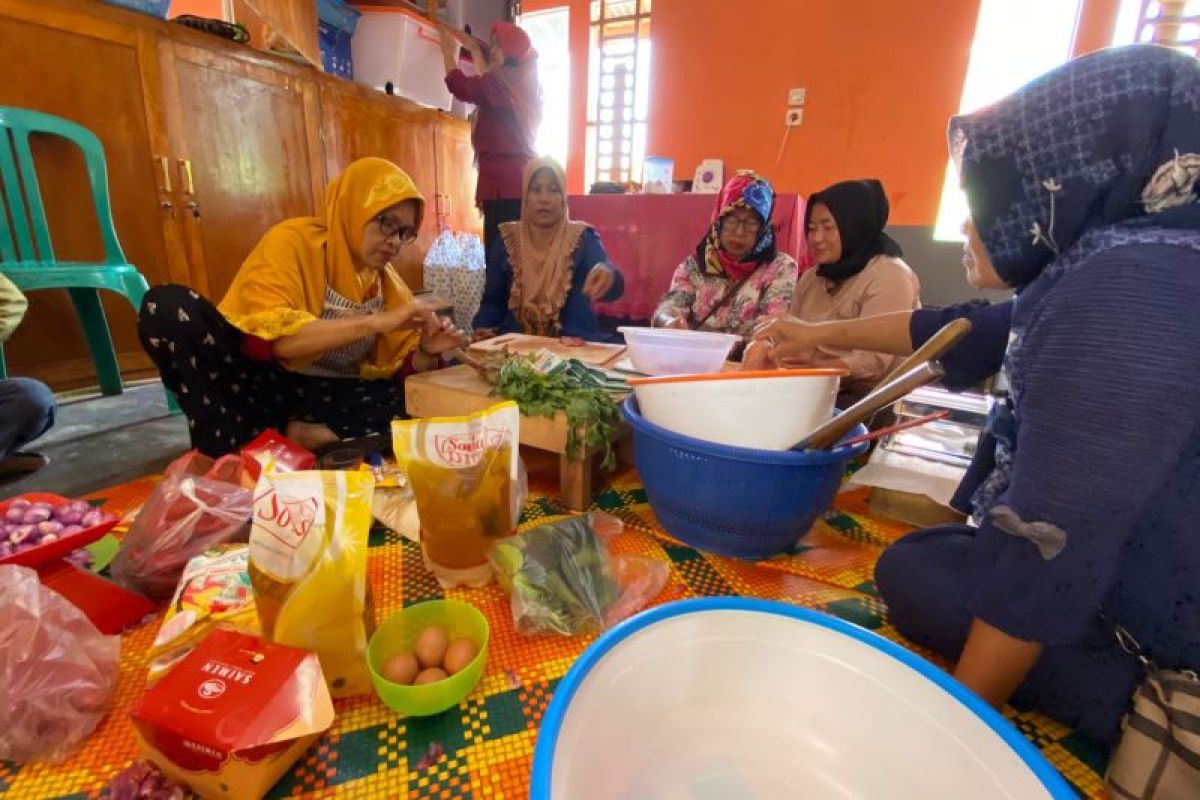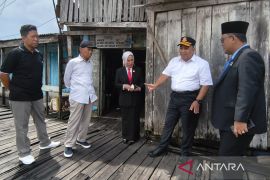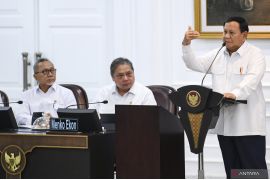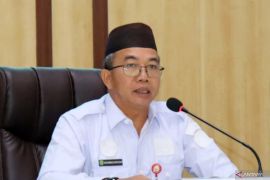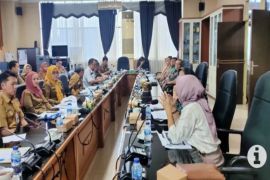Jakarta (ANTARA) - The Coordinating Ministry for Human Development and Culture has emphasized the importance of women’s empowerment in the development of villages in Indonesia.
“Women’s empowerment in village development is an important part of efforts to develop Indonesian human resources inclusively,” the ministry’s Assistant Deputy for Regional Empowerment and Spatial Mobility Monalisa Herawati Rumayar said in the ministry’s statement here on Saturday.
This aligns with a study conducted by a team from the Deputy for Coordination of Regional Development Equity and Disaster Management, along with the National Poverty Handling Acceleration Team, in 11 villages across eight districts.
The eight districts involved in the study are Central Bangka, Tanggamus, Indramayu, Bantul, Banyuwangi, Banjar, Maros, and North Minahasa.
“With this study, we aim to address key issues, collaborate with experts to find solutions, and explore concepts and practices of women’s empowerment in villages,” she explained.
She highlighted that the study can serve as a reference for village governments in crafting participatory development plans and creating better policy or program recommendations.
The study engaged village governments, women’s organizations, farmers' organizations, religious leaders, community leaders, women, civil society organizations (CSOs), and the private sector.
Initial findings revealed that the women’s empowerment programs implemented by district and village governments typically focus on economic empowerment, as well as skills development and entrepreneurship training.
The approach used is a top-down model, with initiatives coming from both the central and district governments to the villages. However, some programs are also initiated at the village level using the village budget, such as women’s entrepreneurship training.
The empowerment programs target women who are heads of households, women involved in micro, small, and medium enterprises (MSMEs), women who are victims of sexual violence, former migrant workers, and others.
The study’s data collection found that collaboration between district governments, village governments, and CSOs in women’s empowerment programs has been effective.
Related news: Ministry affirms Indonesia's commitment to empowering women in STEM
Related news: Women in Papua village grow taro to support food security
Translator: Sean Filo, Raka Adji
Editor: Tia Mutiasari


